Allotment controversies.
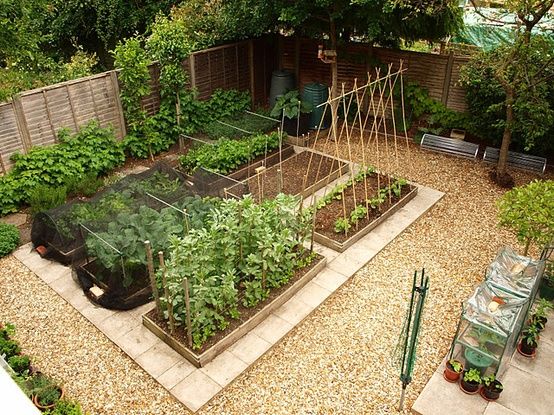
Recently there has been a lot of controversy over the sale or proposed sale of Allotment sites to developers, for the purpose of building houses. This has caused me to think deeply about the ethical issues at stake here, and to consider the pros and cons of Allotment-holdership versus home gardening.
The first point to make is that in most cases the Allotment sites are on land owned by the state, administered by local councils. Allotment-holders rent the land at very modest rates – typically less than ?40 per year. This does not entitle them to any rights in relation to the land – they are tenants, not freeholders – and the landowner is entitled to terminate the deal if they want, subject to the observance of the correct procedures. The trouble is that here in the UK we are very much aware of the quasi-rights accorded to “ancient usage”. In other words, “possession is nine-tenths of the law”, as the saying goes. Some Allotment-holders have occupied their sites for a very long time, and consider the land to be effectively their own (which is understandable). The prospect of summary eviction is not a welcome one if you have put in a lifetime’s hard work and tender loving care to make your plot fertile and productive.
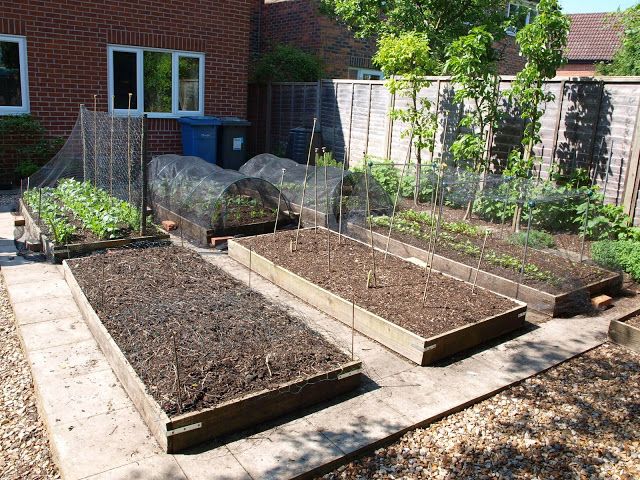
At the same time we must not forget that nationally we are in a time of severe financial difficulty. On account of our¬†enormous budget deficit, local Councils are receiving less and less funding from Central Government. They therefore have to obtain funds from somewhere, to enable them to continue to provide services to all their citizens. Selling Allotment sites to developers must seem to them like an attractive option. This doesn’t involve the¬†Council in any work: all they have to do is rake in the money! As long as the deal is honestly concluded (specifically: avoiding any kick-backs for the Councillors / officials who arrange the deal), a sale like this should really be seen by most citizens as a sensible arrangement. A few dozens / hundreds of Allotment-holders may have to suffer, but the vast majority of citizens benefits.
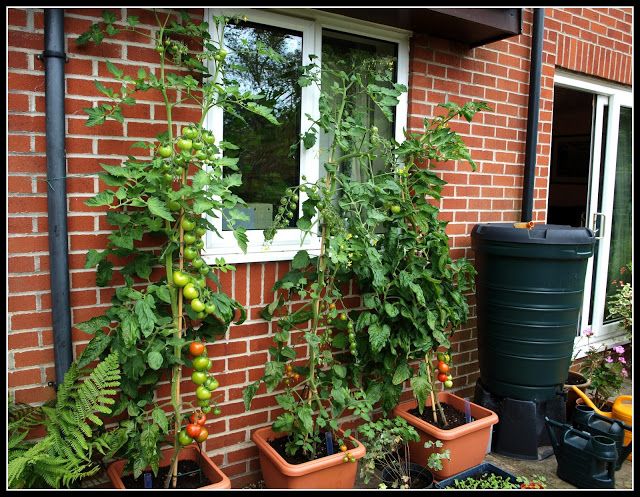
Another point to remember is that there is also a severe shortage of housing in our country, and Allotment sites are often in locations eminently suitable for the construction of domestic housing. So in theory our Councils ought to be facilitating the release of this land for the greater good of the people…
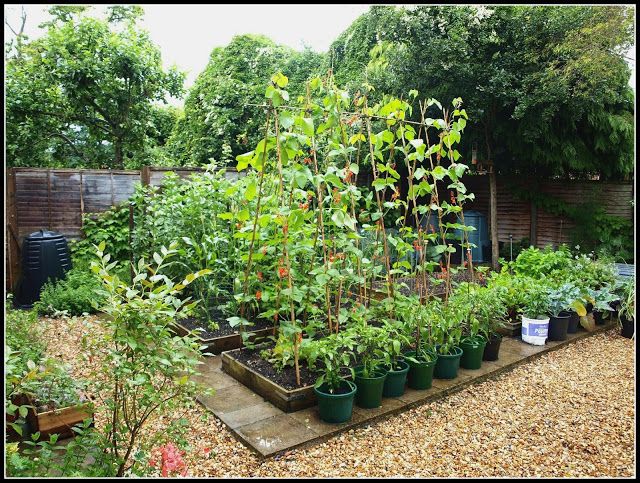
However, all this has to be seen in the light of the fact that our population is one of the least healthy in the world, a situation exacerbated (some would say caused) by an¬†almost obsessive¬†dependence on “ready meals” – processed foods containing far too much salt, sugar, fat, preservatives, colouring-agents, emulsifiers etc. [Dare I mention the horsemeat scandal?]. In these circumstances we ought¬†to be doing everything possible to encourage the adoption of a better diet. Growing our own food contributes towards this, especially since evidence suggests that people (especially children) are much more likely to¬†eat something they have grown themselves.¬†Horticulture also has beneficial side-effects, such as increased exercise and intake of fresh air, not to mention the social and therapeutic aspects of the hobby. My¬†view therefore is that Government should make it easier for people to feed themselves, or at least supplement their diet with healthy home-grown produce rather than mass-produced (often imported) junk. It really ought to be the case that everyone who wants an Allotment should be able to have one.
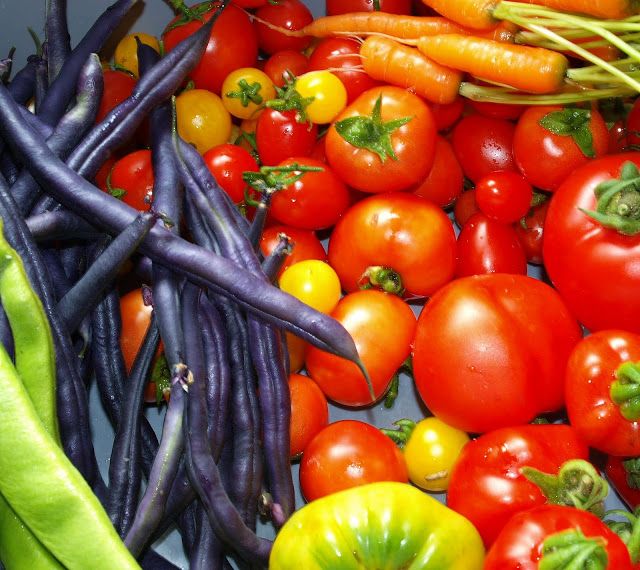
As I said earlier, I am not an Allotment-holder, so I cannot speak from experience here, but I am an avid grower and consumer of home-produced food. I know that many people don’t have a garden in which to grow their own fruit and veg (of course this is usually why they apply for an Allotment!), but I thought I would just list a few of the advantages I think my garden gives me – compared with an Allotment.
- My garden¬†is close at hand, meaning that I don’t have to plan my gardening work so carefully. I can just pop outside and do a few minutes’ worth of gardening whenever I feel like it
- I keep all my tools in a shed in the garden, so I never have to walk more than a few paces to get a tool
- Water supply is immediately at hand – from the water-butt most of the time, augmented when necessary by a hosepipe
- My garden is enclosed, and I don’t have¬†so much¬†risk of importing pests, diseases and weed-seeds from my neighbours’ plots
- Also because my garden is enclosed it is not visible to passers-by, hence generally unaffected by acts of vandalism and theft (not 100% so)
- I don’t risk being penalised for minor misdemeanours by an over-zealous Committee
- I can grow what I want to grow. There are no prohibited plants
- Since I am the freeholder of the land I don’t live under the threat of eviction
- I don’t incur any fees for using the garden
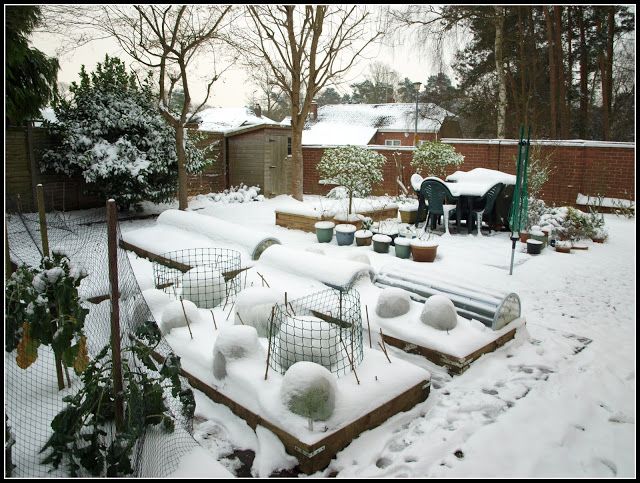
Source: http://marksvegplot.blogspot.com/2013/02/allotment-controversies.html